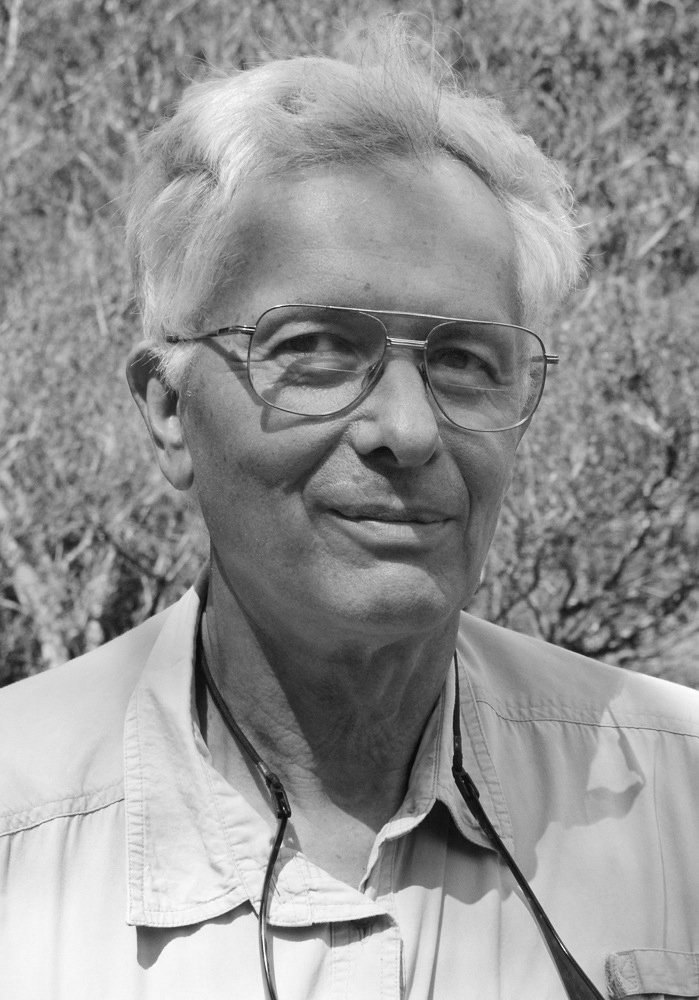It is time to undertake the Great Transition from energy systems based on fossil fuels to ecologically sustainable systems. Fossil fuels – coal, oil and gas – initially served us well, providing the basis for industrial society. However, we are now well beyond the point where their adverse environmental, social and economic impacts exceeded their benefits. Fossil fuels are the major cause of global climate change and are also responsible for much air and water pollution and land degradation. Furthermore, our dependence on finite resources of fossil fuels fosters insecurity about the future availability and affordability of energy.
Fortunately we now have the technologies to replace fossil fuels with sustainable energy systems based on the efficient use of renewable energy. The key sustainable energy technologies we need are commercially available today and include hydro-electricity, wind power, solar photovoltaic power, concentrated solar thermal power with thermal storage, and energy efficient buildings, appliances and equipment. Costs have fallen dramatically and continue to fall. Most sustainable energy technologies are either economically competitive now or close to being so. All they need are effective government policies to give investors confidence to expand the markets for these products.
In an apparent attempt to slow the spread of renewable energy and energy efficiency, vested interests are disseminating false and misleading myths. The principal myth is that renewable energy is too unreliable to supply base-load electricity demand and hence, it is alleged, cannot power an industrial society. However, a team of researchers at the University of New South Wales (UNSW) has busted this myth by simulating electricity demand and supply from 100 per cent renewable energy for each hour over a whole year, using actual data on demand, wind and sunshine. They have shown that different mixes of commercially available renewable energy technologies could supply Australia’s National Electricity Market with the same reliability as the existing polluting fossil-fuelled system. Similar results have been published independently by the Australian Energy Market Operator and by several research groups in Europe and the USA. Some of these studies have simulated up to 10 years of electricity supply and demand.
Another myth is the claim that a 100 per cent renewable electricity system would be unaffordable. To the contrary, the UNSW studies have shown that by 2030 a renewable energy system is likely to be less expensive than any low carbon electricity system based on fossil fuels, including gas power and coal power with carbon capture and storage. It may even be cheaper in the long run than continuing with business-as-usual.
Scenarios for the Great Transition have been published by research groups in several countries. Some of them explain in detail why nuclear energy is not the answer to the climate crisis. Some address sustainable transport and planning for better cities. Most examine the strategies and policies for mitigating climate change.
The barriers to a renewable energy world are no longer technological or economic, but rather are ideological and political. They can and must be overcome by a growing social movement.
Mark Diesendorf is the author of Sustainable Energy Solutions for Climate Change, out now from UNSW Press.
